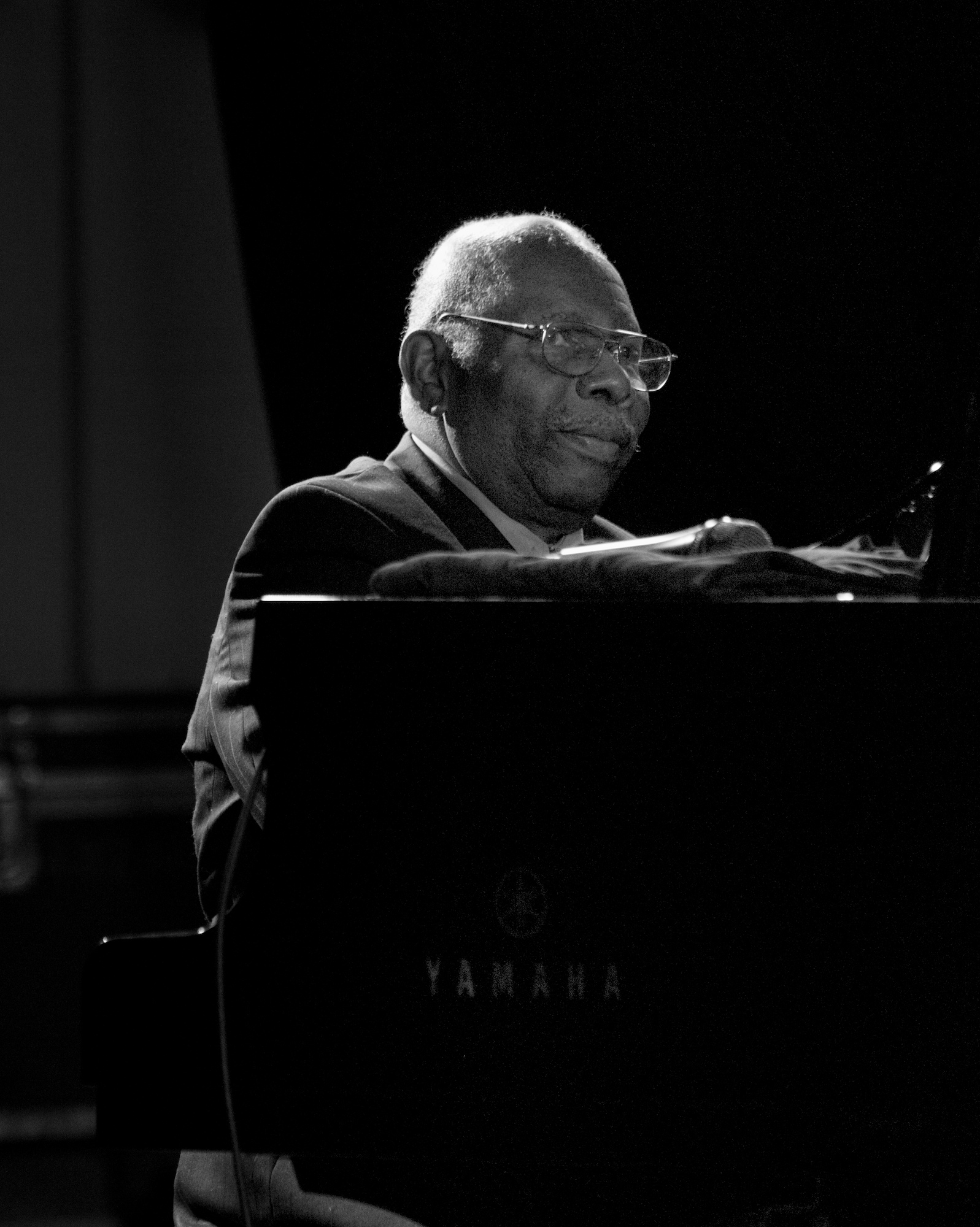

He quickly out-grew his Montreal High School band, the Victory Serenaders, and gigs in the school gym. He received a cheque for $250 (close to $4,000 today). He was only 15 years old, and the only black contestant. He went on to win not only the Montreal competition but also the national finals held in Toronto. Peterson’s first big break came in 1940 when he auditioned for an amateur music contest hosted by CBC radio.
#Drew peterson piano prodigy how to
It was in such venues, Oscar began to learn how to improvise. From a very early age, Oscar played in churches, community centres, and schools. He also instructed private students, charging $15 hour, a huge sum for Oscar’s parents (equivalent to more than $200 in today’s money). Peterson later studied under two classically-trained pianists, Lou Harper and Paul de Marky, the latter was Canada’s most acclaimed classical pianist of the time who taught music at McGill University in Montreal. He insisted that Oscar learn the classics. His father, however, looked down on jazz seeing it as music for the uneducated. His first exposure to jazz came from listening to radio. Later, his older sister Daisy became his piano instructor. But Oscar, with his perfect pitch and ability to play songs by ear, was up to the challenge. Father Daniel was a demanding teacher, insisting on daily practice and assigning musical homework for his children while he was absent working as a porter on the railway. But after a lengthy bout with tuberculosis in the early 1930s, which claimed the life of his older brother Fred, Oscar concentrated on the piano. Young Oscar initially studied the trumpet as well as the piano. Daniel Peterson, a self-taught piano player, instructed his wife and their five children how to play. A tight family budget was stretched to include a piano. Both his parents, Daniel and Olive Peterson, had a passion for music, and encouraged their five children to learn instruments. Oscar Peterson and his trio played Hymn to Freedom in 2003 at a gala in Canada to celebrate Queen Elizabeth’s Golden Jubilee. His best known compositions are the Canadiana Suite, an album released in 1964, and Hymn to Freedom, composed in 1962. Louis Armstrong called him “the man with four hands.” As well as playing the piano, Peterson was a talented composer, and had a singing voice comparable to that of Nat King Cole. It was Roy Eldridge who dubbed Peterson the “Maharaja of the Keyboard. Demonstrating his range, he also accompanied such artistic luminaries as Fred Astaire, and the great violinist Itzhak Pearlman. He played with all the jazz greats of his age, including trumpeters, Louis Armstrong, Roy Eldridge, and Dizzy Gillespie, saxophonists Charlie Parker and Lester Young, and such famed vocalists such as Sarah Vaughn, Billy Holiday, and Ella Fitzgerald. Over a career that spanned more than 60 years, Peterson wowed audiences around the world with his prodigious piano technique, his amazing talent for improvisation, and a range that encompassed everything from the classics to stride, blues, boogie and bebop. Born in 1925 to a hard-working, immigrant family from the poor St Henri neighbourhood of Montreal, Peterson burst like a fiery comet onto the jazz scene while still a teenager. In the firmament of great jazz musicians, few stars sparkle as brightly as that of Oscar Peterson.


 0 kommentar(er)
0 kommentar(er)
